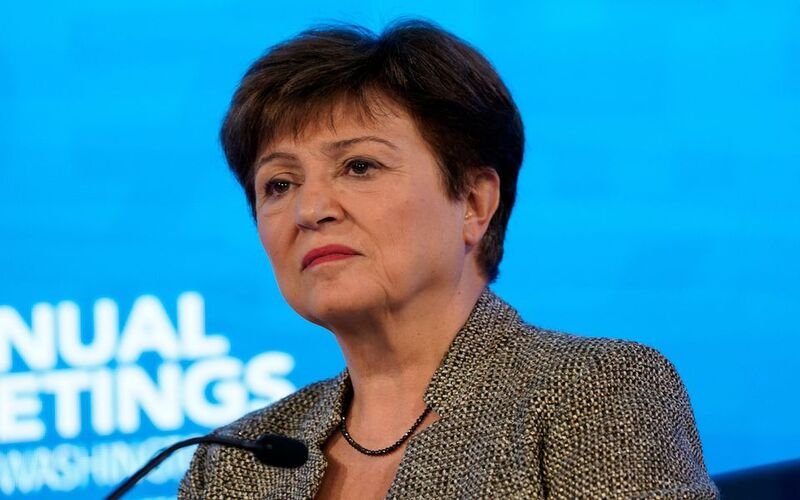On Wednesday, the IMF said it had achieved a staff-level agreement with Pakistan about the initial review of a $3 billion bailout, enabling the country to receive $700 million in funds.
The International Monetary Fund (IMF) required Pakistan to implement several reforms before the July bailout, including a revision of its budget, an increase in its policy rate, and an increase in the cost of natural gas and electricity. The second tranche of the bailout, which consists of the cash to be disbursed, is contingent upon approval by the IMF’s executive board.
IMF Pakistan mission chief Nathan Porter stated, “Upon approval, around $700 million (SDR 528 million) will become available, bringing total disbursements under the program to almost $1.9 billion.”
On Wednesday, an IMF mission under Porter’s leadership ended after two weeks of technical and policy discussions in Pakistan. It examined if Pakistan was meeting the requirements outlined in the July standby agreement, which had given a first tranche of $1.2 billion right away to support the economies of South Asia and prevent a sovereign debt default.
Pakistan was experiencing a severe balance of payments crisis due to historically high inflation, an unprecedented depreciation of its currency, and a decline in foreign exchange reserves to only three weeks’ worth of regulated imports.
To achieve budgetary adjustments, the IMF also forced Pakistan to levy an additional $1.34 billion in taxes as part of the bailout agreement. The measures contributed to May’s record-breaking 38% year-over-year inflation, the highest in Asia, which is still above 30%.
The IMF stated, “Inflation is expected to decline over the coming months amid receding supply constraints and modest demand.” However, it also cautioned that Pakistan would still be vulnerable to severe external risks, such as the escalation of geopolitical tensions, the rise in commodity prices, and the tightening of global financial conditions.
The International Monetary Fund said, “The agreement supports the authorities’ commitment to move forward with their plans to consolidate the budget, speed up cost-cutting reforms in the energy sector, complete the return to a market-determined exchange rate, and pursue state-owned enterprise and governance reforms to attract investment, support job creation, and continue to strengthen social assistance.” It stated that the stabilizing measures of the program were supporting a tentative recovery in progress.
































Comment Template